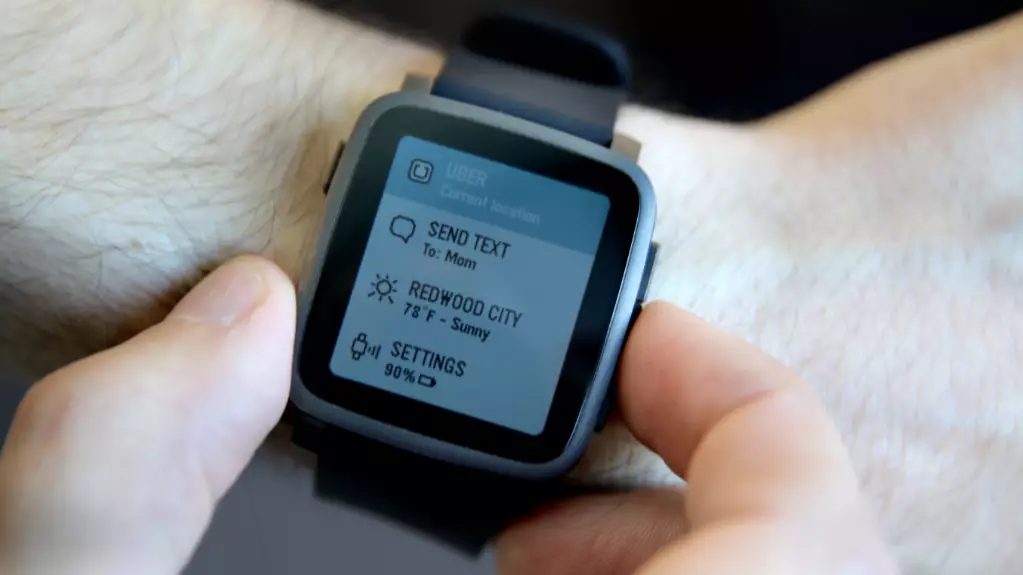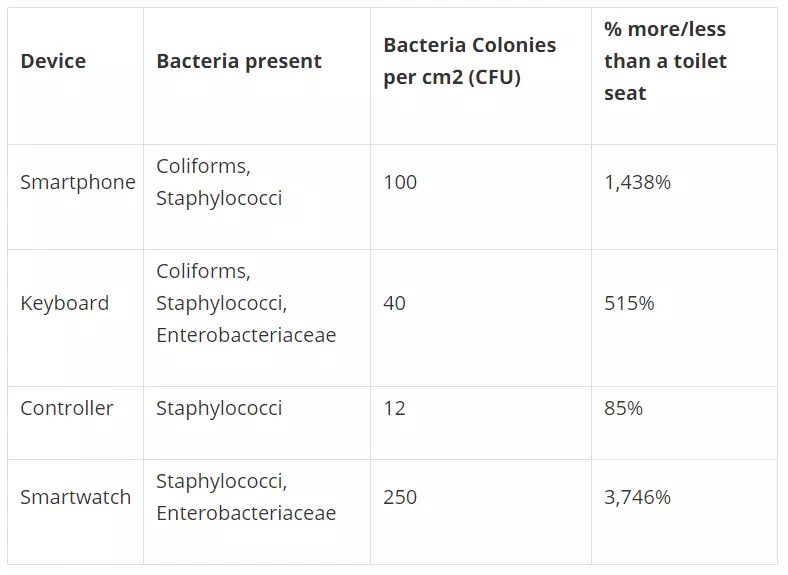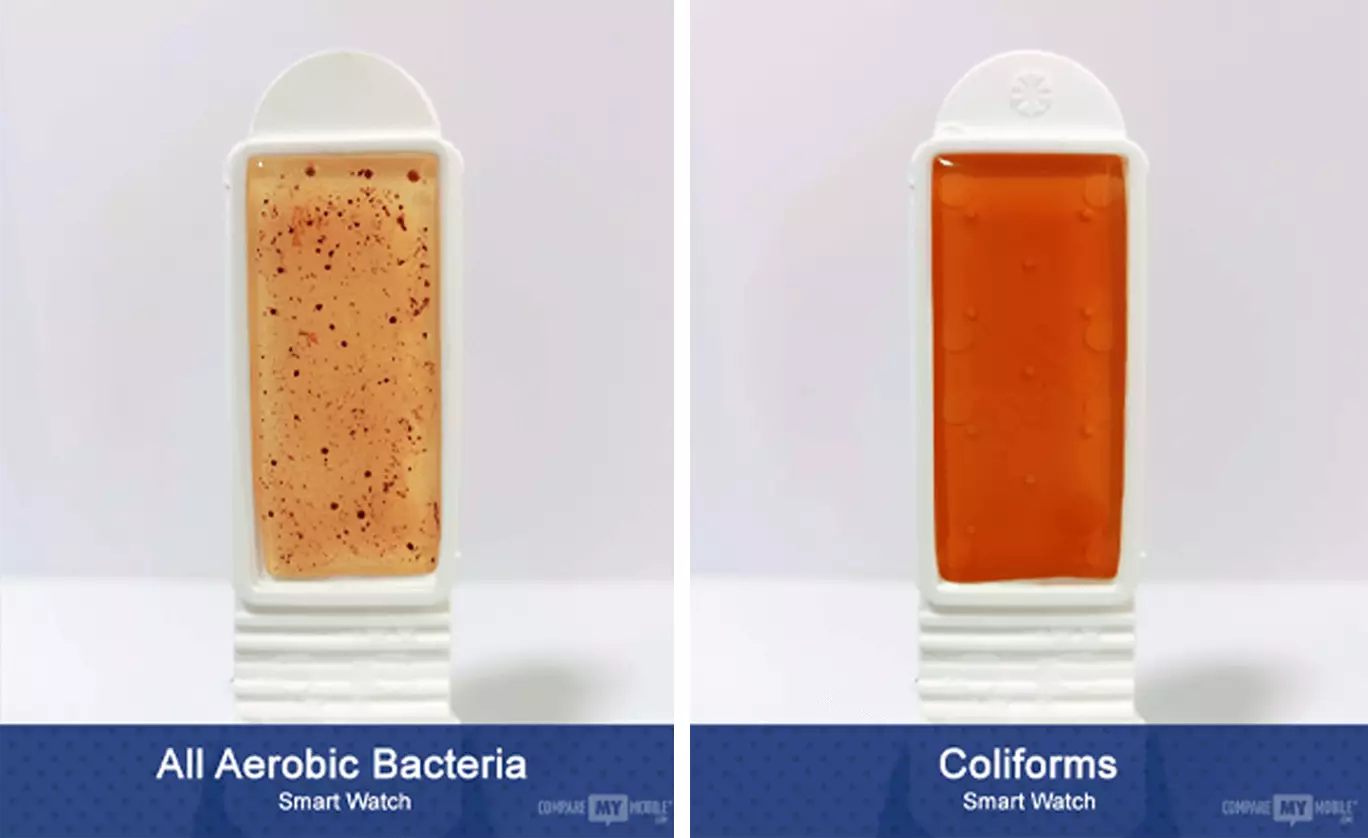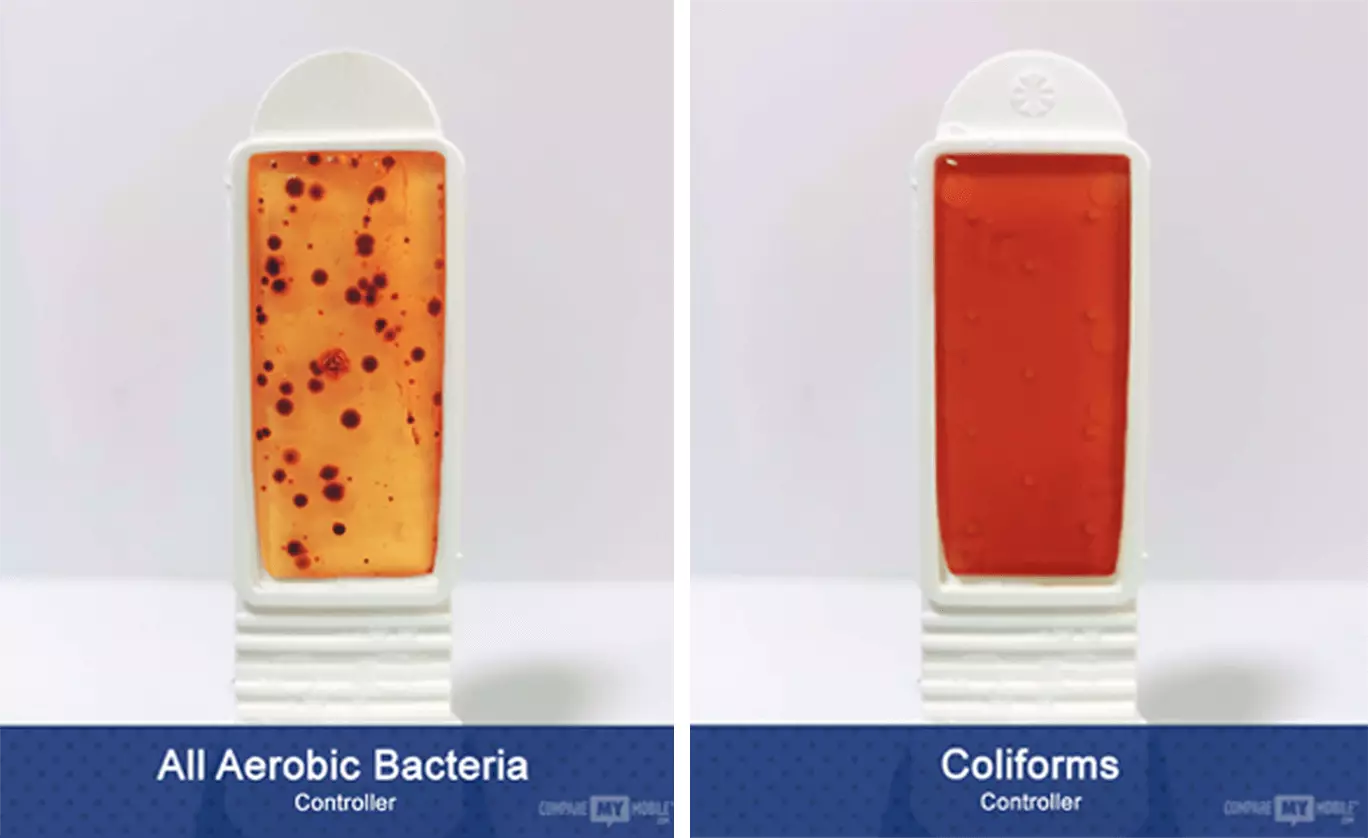
In an age where we're all being particularly vigilant about how clean we're keeping ourselves, some of you are probably beginning to realise just how grubby you are sometimes.
Well, while you're all furiously scrubbing your hands, a new study from CompareMyMobile has found that many day-to-day tech devices could actually harbour some even nastier surprises - with smartwatches, of all things, being crowned the dirtiest.
Yup, the research concluded that smartwatches to boast 3,746 percent more bacteria than a toilet seat, which is fairly disgusting.
Advert

Swabbing a range of household items and cultivating the bacteria to determine the dirtiest, the study tested smartphones, keyboards, smartwatches and video game controllers for: total aerobic bacteria count; Coliforms (a type of bacteria found in the digestive tract that is also found in waste); Staphylococci (a bacteria that can cause skin infections, boils, styes, abscesses, as well as food poisoning, and in very extreme cases, toxic shock syndrome); and Enterobacteriaceae (a bacteria family that includes E.Coli and Salmonella that can cause food poisoning, as well as others that can lead to anything from urinary tract infections to pneumonia).
The results showed that smartwatches were the dirtiest piece of household tech, containing more than 250 bacteria colonies per cm2, 3,746% more than the average toilet seat.
Advert
Bacteria found on the tested smartwatches included Staphylococci and Enterobacteriaceae, which are known to cause a range of illnesses including food poisoning, boils and a range of other skin infections, and in extreme cases pneumonia and Toxic Shock Syndrome.

Meanwhile, smartphones came out as the second dirtiest devices, being potentially more than 15 times (1,438 percent) more contaminated than your toilet seat.
The keyboards was the only item that showed a 'clear presence of all bacteria types', but it did have the highest concentration of Coliforms, which live in the digestive tracts of animals and humans and are found in their waste. Might want to think about giving those hands a wash next time you reach for your mid-morning snack...
Advert
Gamers can be relieved to know there were 'only very low levels of coliforms and Enterobacteriaceae found on our controllers (approximately 0.4 colonies per cm2). However, there was still a fair amount of other forms of bacteria present - almost twice that of a typical toilet seat, to be precise.
Daniel Clifford from CompareMyMobilesaid: "Whether we're at our desks, relaxing at home, on the tube or on even the loo, chances are for many of us will be using at least one piece of consumer technology, especially as wearable tech such as smartwatches become more popular.

"Our study really highlights just how dirty our everyday technology can get, in most cases totally invisible to the naked eye. As more people being to increasingly incorporate tech into their daily lives, such as working from home, it makes it more important than ever to regularly clean your devices.
Advert
"Our tests found that smartwatch owners should regularly be cleaning their tech, making sure to clean both the watch face and strap. This is especially true if you use your wearable to track your fitness at the gym or when you run as this can cause them to get particularly dirty.
"While many retailers sell phone cleaning wipes, some manufacturers, such as Apple and Samsung, suggest that the harsh chemicals may damage the protective coating on your phone's screen.
"Instead, try turning off your device and cleaning it with a slightly damp lint-free cloth and warm soapy water - but be careful to not get water in any exposed ports, and if in doubt check your manufactures guidelines.
"While it's pretty shocking to see all the nasty surprises your gadgets could be harboring up close, it's important to remember that we come into contact with these things on a daily basis without incident, even if it might put you off your dinner."
Featured Image Credit: PATopics: Phones and Gadgets, News, Technology